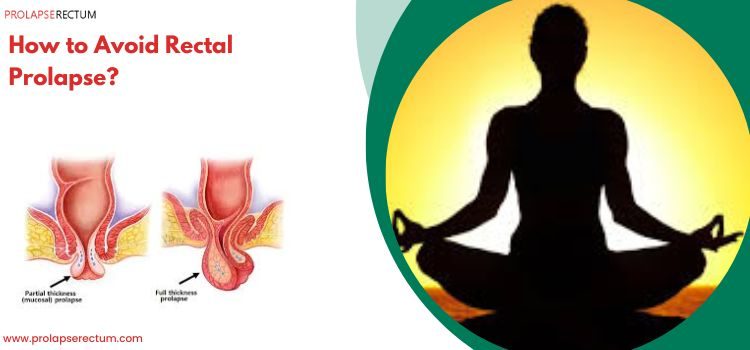Rectal prolapse affects various patients’ lives by making it challenging. It is not an urgently serious condition but can become worse if not treated well. If you know how to avoid this condition, then it will be easy for you to stay healthy and comfortable. You have to change certain habits and can make changes in your lifestyle to avoid the risk.
In this web blog, we will guide you with important tips which will help you to reduce the risk of this condition. With the help of these tips, you will improve your bowel health and overall well being.
Symptoms of Rectal Prolapse You Shouldn’t Ignore
Rectal prolapse refers to that condition when the part of the rectum falls outside the anal opening. Although it may happen to anyone, it tends to occur in older people and in the case of chronic constipation. Complications may arise when the initial signs are neglected. Awareness of the signs will prevent delay in seeking medical care and will prevent additional health complications.
- A noticeable protrusion or bulge from the anus, particularly after passing stools
- Incomplete sensation of bowel evacuation
- Mucus or blood discharge from the rectum
- Unexpected stool leakage or fecal incontinence
- Anal pain, itching, or discomfort while sitting or walking
Things You Should Avoid In Rectal Prolapse
Rectal prolapse should be treated carefully to avoid worsening of symptoms. Avoid the following:
- Straining At Stool: Straining at stool exerts pressure over the rectum and worsen the prolapse.
- Chronic Constipation: Dehydration and low fibre diet result in hard stools and straining.
- Heavy Lifting: Heavy lifting causes increase in intra-abdominal pressure, worsening the condition.
- Delaying Symptoms: Not consulting a doctor in due time can result in complications or further prolapse.
- Pushing It Back Forcefully or Treating It Yourself: Mismanagement could cause infection or tissue destruction.




